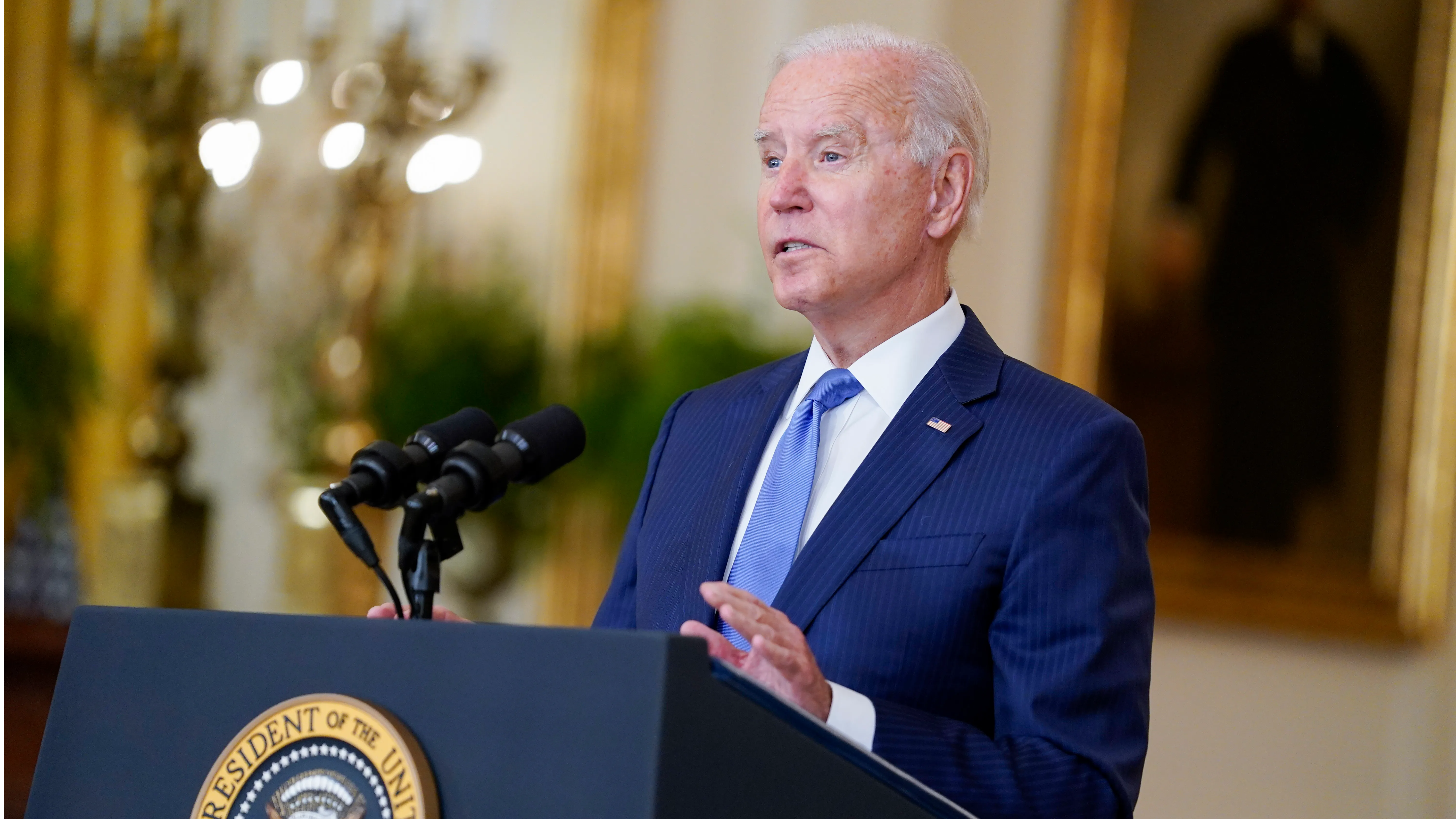President Joe Biden may settle for a smaller package for social
and environmental initiatives as his and congressional Democrats’ push for a 10-year,
$3.5 trillion package reaches a turning point with pivotal lawmakers flashing
potential signs of flexibility.
Biden said in virtual meetings on Monday and Tuesday with
small groups of House Democrats that he reluctantly expected the legislation’s
final version to be worth somewhere between $1.9 trillion and $2.3 trillion,
the Associated Press reported quoting sources from the meeting.
“I don’t think I can do any better than that,” Biden
reportedly said. He is said to have used the same figures during a Friday
meeting in the Capitol with nearly all House Democrats. No agreement has been
reached yet on the final figure.
Crucial unresolved matters include how to get virtually
every Democrat in Congress to vote for a measure they’ve spent months fighting
over and that Republicans will solidly oppose, and whether the shrunken price
tag would be reached by dropping some proposals or by keeping most but at a lower
cost or shorter duration.
But by repeatedly conceding that the crown jewel of his own
domestic agenda will have to shrink and providing a range for its cost, Biden
is trying to push his party beyond months of stalemate and refocus bargainers
on nailing down needed policy and fiscal decisions.
“I want to make sure that we have a package that
everyone can agree on. It’s not going to be $3.5 trillion. It’s going to be less
than that,” Biden confirmed on Tuesday in Howell, Michigan.
He also said he expected the measure to include means-testing or limits on the incomes of people who would qualify for initiatives.
Some moderates have wanted to impose such limits on some programs.
The social and environment bill is the heart of Biden’s push
to beef up federal efforts to help families and slow global warming.
It would require paid family and medical leave; extend tax
breaks for families with children, low earners, and people buying health
insurance; expand Medicare coverage; prod energy companies to move toward
cleaner fuels and provide free pre-kindergarten and community college. In a nod
to his party’s progressive instincts, it would be largely paid for by
increasing taxes on the wealthy and corporate America.
Senators Joe Manchin and Kyrsten Sinema want to curb the bill’s cost and have been their party’s highest-profile
holdouts. Manchin has insisted on holding the package to $1.5 trillion and has
said he wants to means test some programs. Democratic leaders will need every
vote in the 50-50 Senate and all but three in the House for victory.
Top Democrats are now hoping to craft an agreement they can
push through Congress by October 31, along with a companion $1 trillion measure
financing highway, internet, and other infrastructure projects.
Their divisions remained despite Biden’s extraordinary visit
with House Democrats on Friday in an effort to unify his party. That same day, House Speaker Nancy Pelosi scrapped a planned vote on the Senate-approved infrastructure bill,
which is coveted by moderates but which progressives are holding hostage to
force them to back the social and environmental measure.
(With inputs from the Associated Press)






